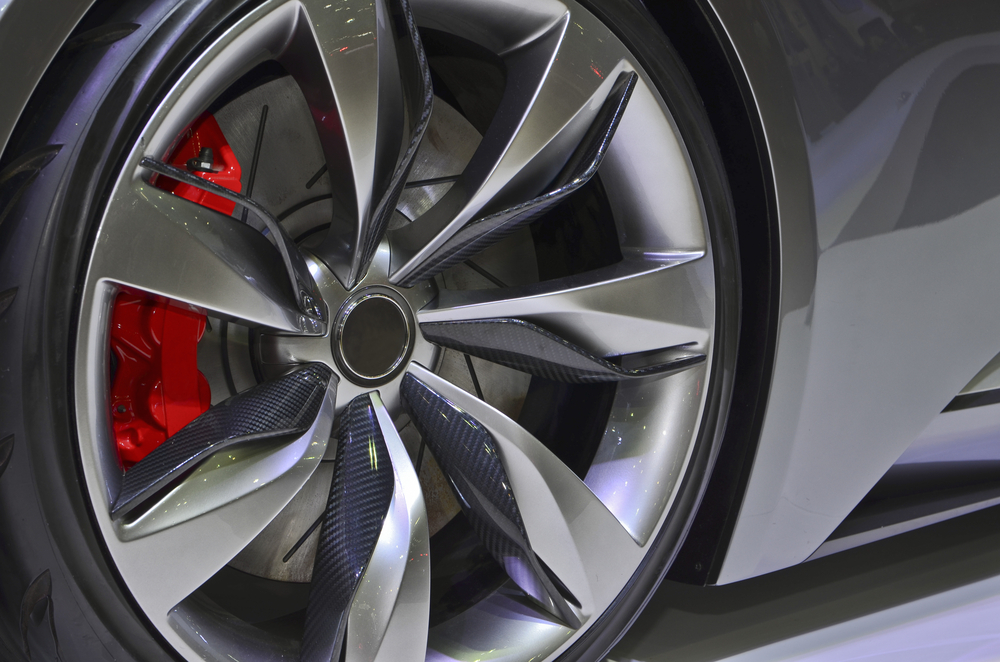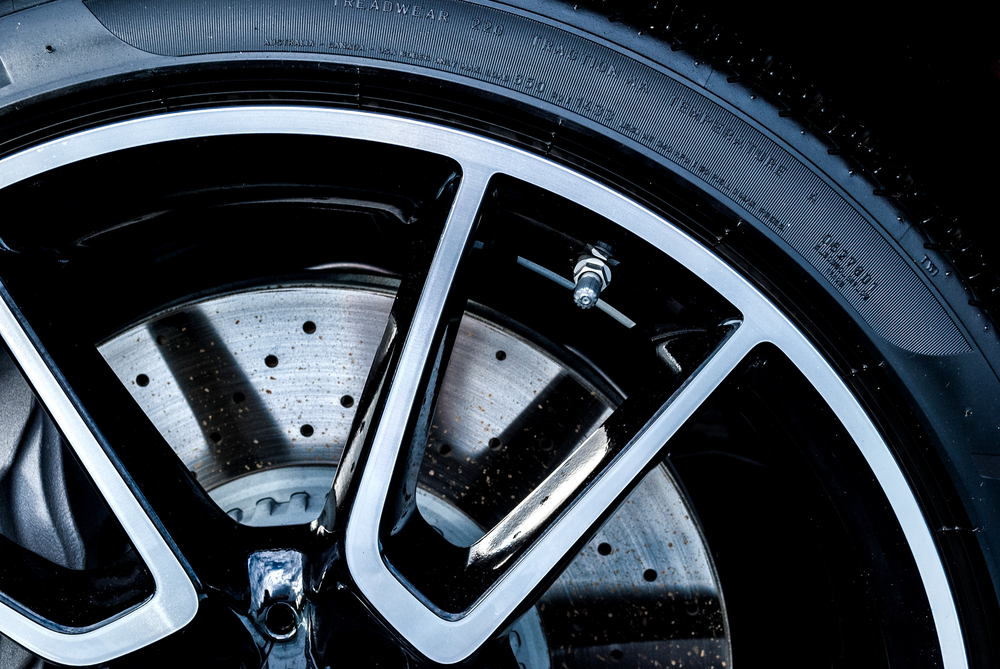Why Buy Alloy Wheels?
Do The Advantages Really Add Up?
In this article, we explore the key advantages of mag wheels so you can make sure you get the rims you really want.
Without any doubt at all, alloy wheels are the ideal pick for any car you’d want to be seen in. But what you may not realise is that not only do they look the part, alloy wheels come with a host of other benefits. In this article, we explore what alloy wheels are and why they are so much better than their traditional steel counterparts.
Then, you’ll be in a position to decide for yourself whether or not they’re worth it. But first…
What is an alloy wheel?
Originally made popular in motorsports, where performance is the key industry drive, an alloy wheel is made from a mixture of metals or other elements. Typically, in the 1960s, alloy wheels were made by combining magnesium with other materials, hence the term “Mags”.
These mag wheels really offered drivers a significant performance advantage, and were much better than the alternative aluminium alloys, which were having problems with consistency in the casting process.
But as technology has advanced over the decades, aluminium alloy casting techniques have been developed and now provide performance comparable to magnesium alloys at much more affordable prices.
So now, you can have high-performance alloy wheels without them costing more than your car. But why would you want alloy wheels? What’s the appeal?

Why get alloy wheels?
Alloy wheels do come with a LOT of key benefits that go beyond the obvious cosmetic appeal. They last longer, look better, and help your car perform better across all important performance measures.
First, they dissipate heat a lot better. This may seem trivial, but it means that they remain cooler when driving, and that in turn produces much less wear and tear on the tyres. As the tyres last longer, there are obvious performance and economical benefits, needing to replace tyres less frequently.
Also, alloy wheels are completely airtight. This makes them excellent for tubeless tyres and gives them a major advantage over steel wheels. Most steel wheels result in tiny losses of tyre pressure, which may seem insignificant but they add up over time.
In a similar vein, alloy wheels are generally lighter than steel wheels, so there are additional performance and fuel economy advantages (though, you’d need to drive an enormous amount for the fuel savings to have the rims pay for themselves over time).
But this lower weight does come with performance benefits. As mentioned, it was originally in car racing that mags and aluminium alloys gained their foothold – this is because they decrease the “upsprung weight” on the vehicle. That means there’s less inertia on the springs, and that helps the suspension. All in all, you end up with better handling, braking, steering, and cornering, which are obviously very important on the track, especially the braking.
But even if you aren’t a competitive racing driver, better handling is always going to contribute to a better driving experience.
As mentioned earlier, the cosmetic appeal is a major factor in why most people choose to buy alloy wheels. Steel never looks as good as a magnesium or aluminium alloy. And with such a range of custom designs and styles, there’s the ultimate in flexibility to make sure your car looks absolutely awesome. And that’s very important if you’re considering selling your vehicle. A good set of rims can enhance the appeal of your car significantly.
And that’s particularly evident when it comes to rust. Traditional steel wheels are susceptible to the elements, and irreversible iron oxide (rust) never makes a car look better. Stained red-brown wheels look awful and degrade quickly. Alloys, on the other hand, are far more rust and corrosion resistant, and much easier to polish to a high shine.

Who gets alloy wheels?
Traditionally, alloy wheels and ‘mags’ were only used in competitive racing, or at the very high end of the market. But as production technologies have become more economical, they’re now readily available across the full range of cars, from supercars right down to budget vehicles.
You definitely don’t need to be in a MacLaren F1 to enjoy all the benefits that come from switching to alloys.

